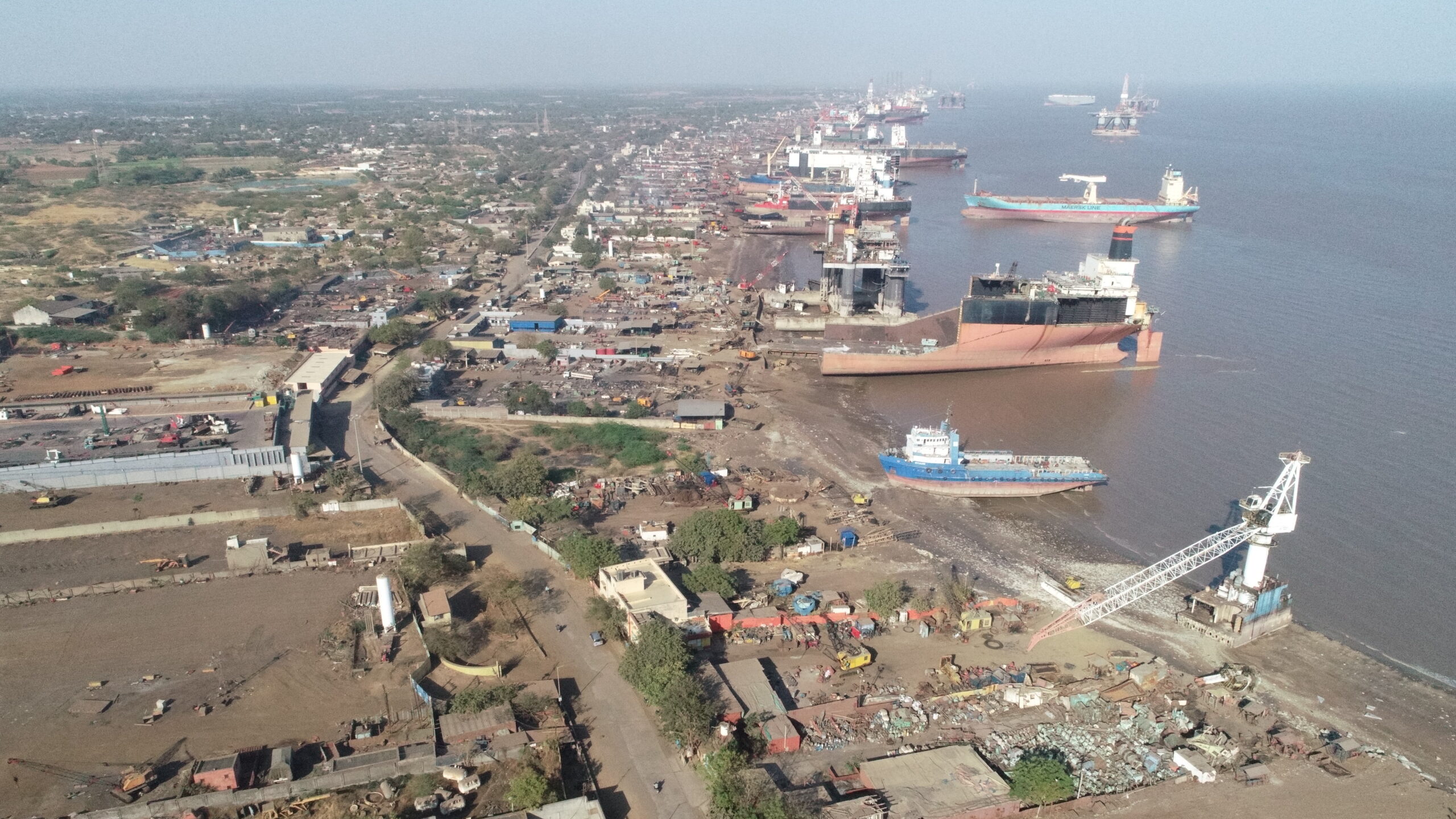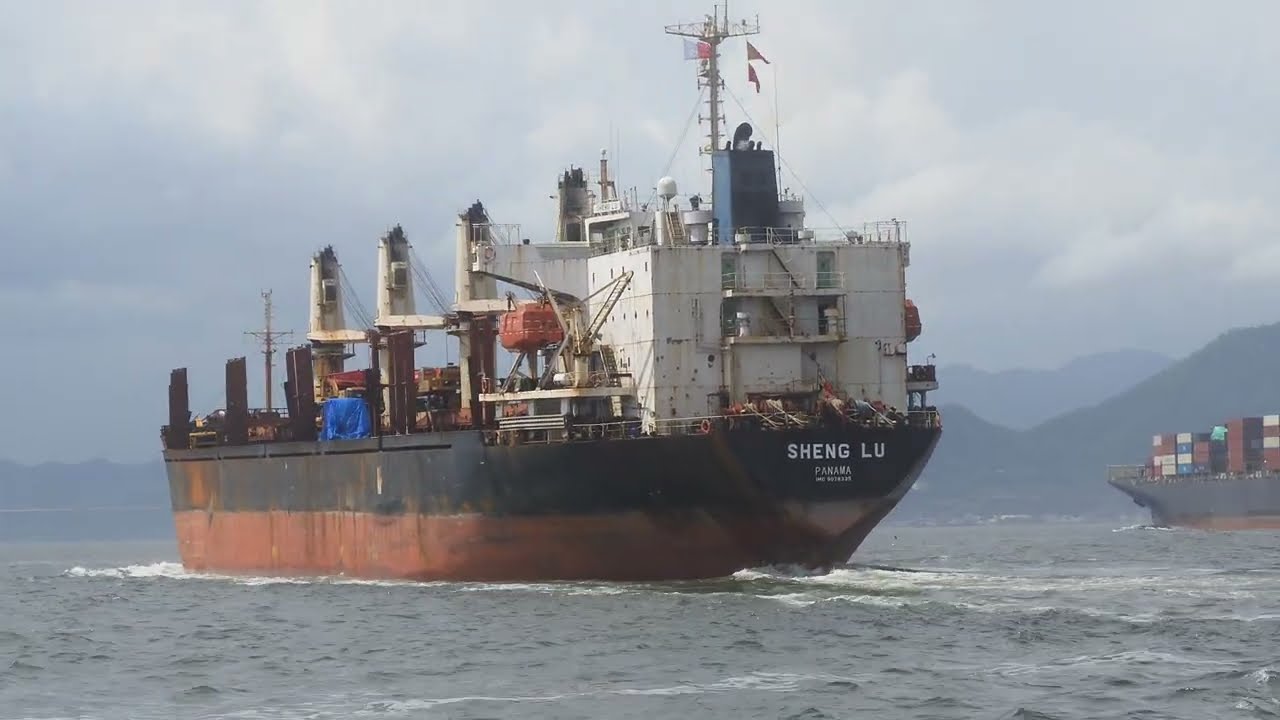Ship Recycling: The Indian market facing vessel shortage undermines buyers’ competitiveness
The ship recycling industry faced a challenging landscape this week. In India, the market is experiencing a significant downturn, with minimal demand and a shortage of vessels, leading to a standstill in new deals and weakening international competitiveness. In Bangladesh, the market saw lack of demand, causing local prices to drop by 500 to 1,000 Taka ($5.85 to $11.70 USD) with the potential for further declines in the coming week, creating uncertainty about future trends. Pakistan’s market has partially reopened, with initial signs of growing demand and stable steel rates, and potential increases are expected as the market adapts to the recently implemented budget. Meanwhile, Türkiye’s market conditions remain stable but lack momentum, with the industry anticipating increased tonnage to drive future activity and growth.

The International Monetary Fund (IMF) has warned that the U.S. government budget deficits and escalating debt pose “a growing risk” to the global economy, overshadowing an otherwise strong economic performance. The IMF emphasized the “pressing need” for the United States to reduce its debt burden over the next several years. This may necessitate broad-based income tax increases and cuts in popular entitlement programs, according to the fund’s annual review of the U.S. economy.
Global steel production increased by 5.7% from April to May, reaching 165.1 million metric tons, as reported by the World Steel Association. This growth also pushed the industry 1.5% higher compared to the same period last year.
INDIA
Market decline and vessel shortage undermine buyers’ competitiveness.
The market is facing a persistent decline with little to no demand, and there is a notable shortage of available vessels; consequently, no new vessel deals have been concluded due to the current market situation.
Indian buyers are struggling to compete internationally, as the ongoing downward trend has significantly impacted their competitiveness against global counterparts.
Market typically experiences lower demand during the monsoon season, following historical trends. However, the current market is highly unpredictable, making it difficult to rely on past patterns for forecasting demand.
Indian steel exports are facing challenges due to China’s overcapacity and weak domestic demand, leading to a global market flooded with cheap steel. In May 2024, India’s steel exports dropped nearly 25% month-on-month.
Beaching Dates
02 July to 11 July 2024
19 July to 27 July 2024
31 July to 08 August 2024
BANGLADESH
The market opens with no demand, local prices drop, and buyers hold off post-budget.
The market has opened with no demand, and local prices have dropped by 500 to 1,000 Taka ($5.85 to $11.70 USD).
Clearer market trends are expected next week, but the current market direction remains uncertain. Most buyers made their purchases before the budget announcement, and there is no significant buying observed at present.
The International Monetary Fund announced that its Executive Board has concluded a second review of Bangladesh’s bailout program, granting the country immediate access to approximately $928 million in loans for economic support and about $220 million to combat climate change.
Beaching Dates
05 July to 08 July 2024
21 July to 24 July 2024
04 August to 07 August 2024
PAKISTAN
The market reopening with a glimmer of hope for demand growth; a clearer picture is expected next week.
The market has started to reopen but is not fully operational yet. Indicators suggest growing demand, with a clearer picture expected next week.
Steel rates are currently unchanged, but there is an anticipation of an increase as the market adjusts to the new budget.
The State Bank of Pakistan reported that the country’s foreign exchange reserves stood at $8.9 billion, down from $9.13 billion in the preceding week. The $239 million decrease was due to external debt repayments.
Pakistan’s parliament passed a tax-heavy finance bill for the upcoming fiscal year to facilitate new IMF bailout talks and avoid a debt default amid the slowest economic growth in South Asia.
Beaching Dates Throughout the month
TURKIYE
Market stability continues amid anticipation of increased tonnage for activity boost.
Market conditions remain stable, with no significant developments. The country is awaiting signs of increased tonnage to stimulate activity.
Türkiye’s Central Bank decided to maintain its benchmark one-week repo rate at as it anticipates a slowdown in inflation.
The Turkish central bank’s total reserves hit a new all-time high of $147.6 billion (TL 4.85 trillion) as of June 21, after rising by $1.3 billion from the previous week.
Beaching Dates Throughout the month
Author: shipping inbox
shipping and maritime related web portal









